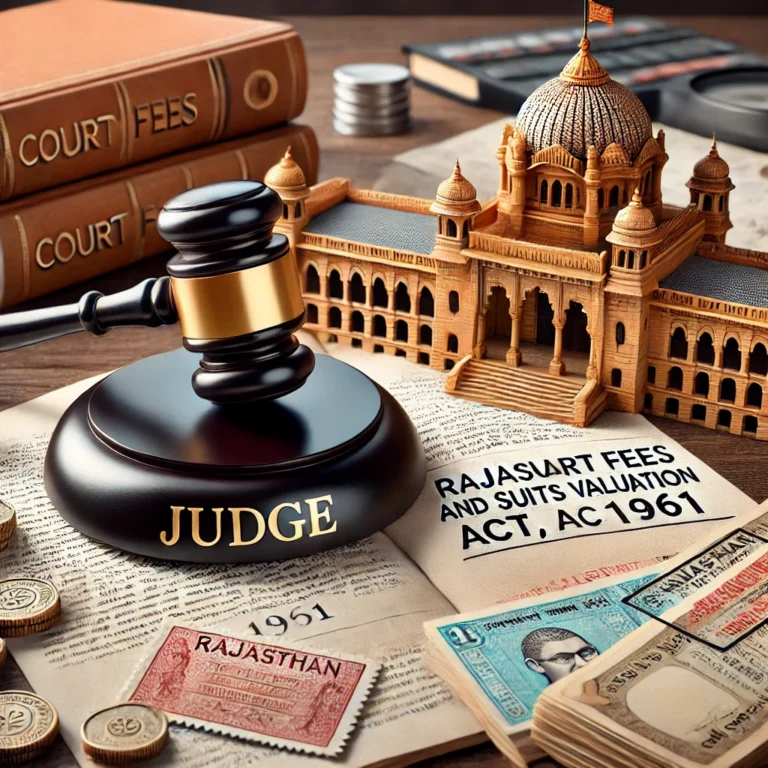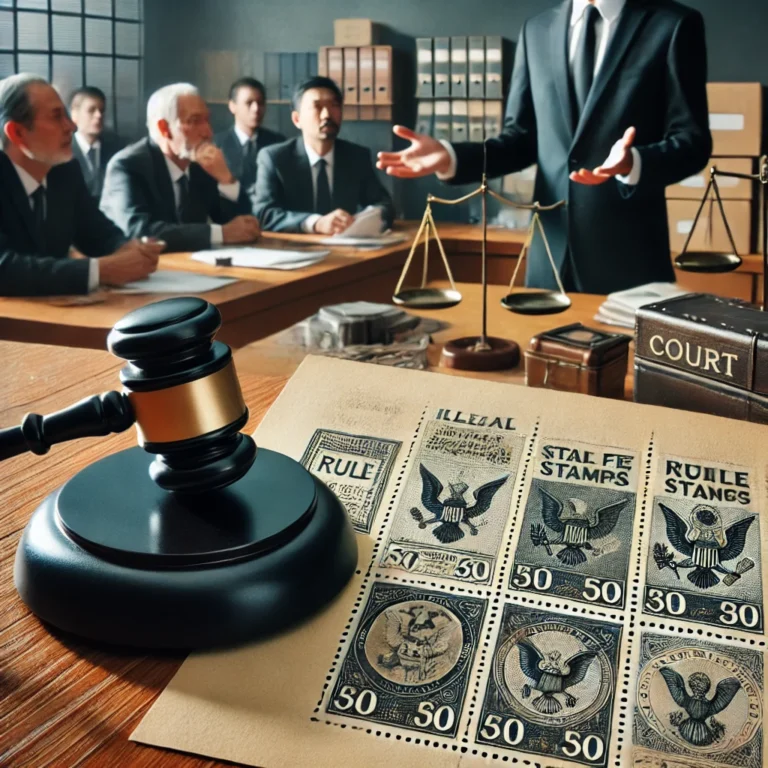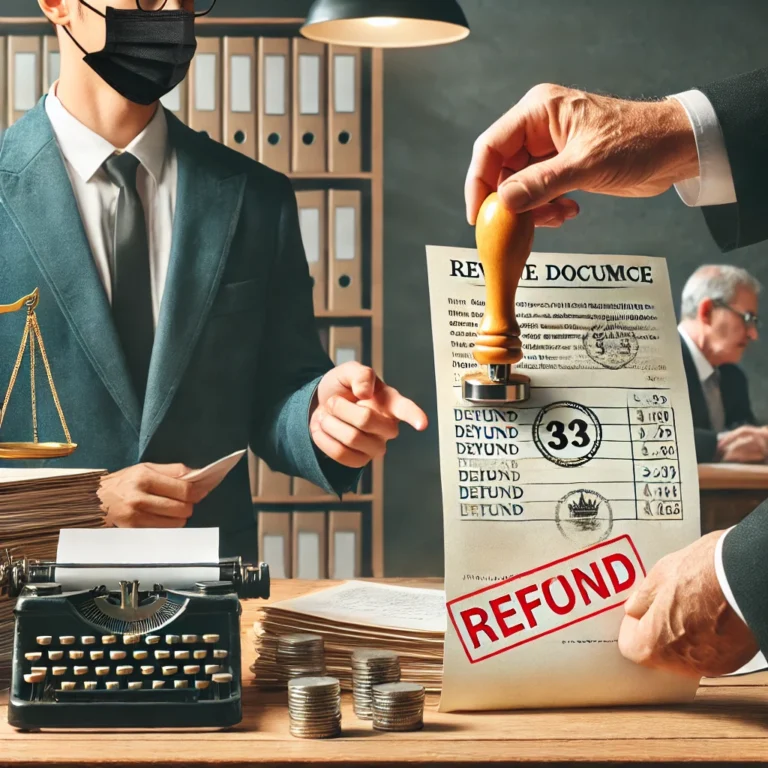
Key Provisions of the Rajasthan Court Fees and Suits Valuation Act, 1961 : Section 4 and 5Key Provisions of the Rajasthan Court Fees and Suits Valuation Act, 1961 : Section 4 and 5
Section 4: Payment of Court Fees for Documents
In terms of Section 4 of the Rajasthan Court Fees and Suits Valuation Act, 1961, it is mandatory for any document, which is necessary to be produced in a court or public office, to bear the relevant court fee. All documents that must be filed, produced, or registered in any court, i.e., in the High Court, or any public office have to be complied with. A document cannot be accepted or pursued without paying the fee.
Yet there is a critical exception in the case of criminal proceedings. Where a document must be produced in a criminal court in order to avoid injustice, the court has the discretion to permit it to be filed despite the nonpayment of the fee. This way, justice does not suffer as a result of an absence of court fees.
For More Updates & Regular Notes Join Our Whats App Group (https://chat.whatsapp.com/DkucckgAEJbCtXwXr2yIt0) and Telegram Group ( https://t.me/legalmaestroeducators )
For instance, if one is being accused of a crime and their lawyer wants to present evidence for their innocence but lacks the court fee at the time, the court may still permit the document to be filed to deliver justice.
For More Updates & Regular Notes Join Our Whats App Group (https://chat.whatsapp.com/DkucckgAEJbCtXwXr2yIt0) and Telegram Group ( https://t.me/legalmaestroeducators ) contact@legalmaestros.com.
Section 5: Fees on Documents Submitted by Mistake
Section 5 of the Act gives a remedy for those cases where a document is filed in court or public office without payment of the full court fee by mistake or error. If this occurs, the court or the head of the public office can grant permission for the person liable for paying the fee to do so at a later date. The office or court may specify a time limit for the payment, and after the fee is paid, the document will be considered to have been paid in full since the start.
For instance, a person could bring a property dispute case in court but unintentionally pay an underpaid lower court fee. The court could give them an allowance of some time to deposit the balance due instead of discarding the case. When they have paid the entire fee, the case shall continue without hindrance.
Conclusion
The Rajasthan Court Fees and Suits Valuation Act, 1961, provides for the collection of all fees required while also offering flexibility in some cases. Section 4 provides that documents are accepted only if the due fee is paid, except in criminal cases where justice may be jeopardized. Section 5 provides room for error to be rectified by offering the opportunity for payment of any missing fee once a person has presented their documents. Such provisions promote equity in judicial processes while safeguarding procedural standards.






